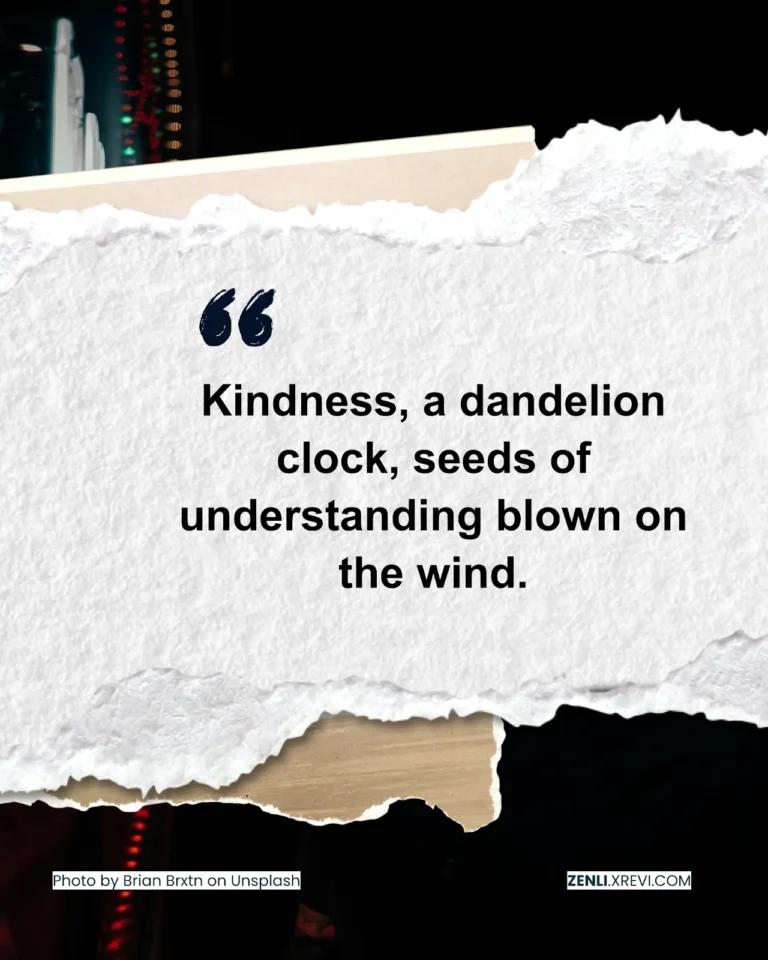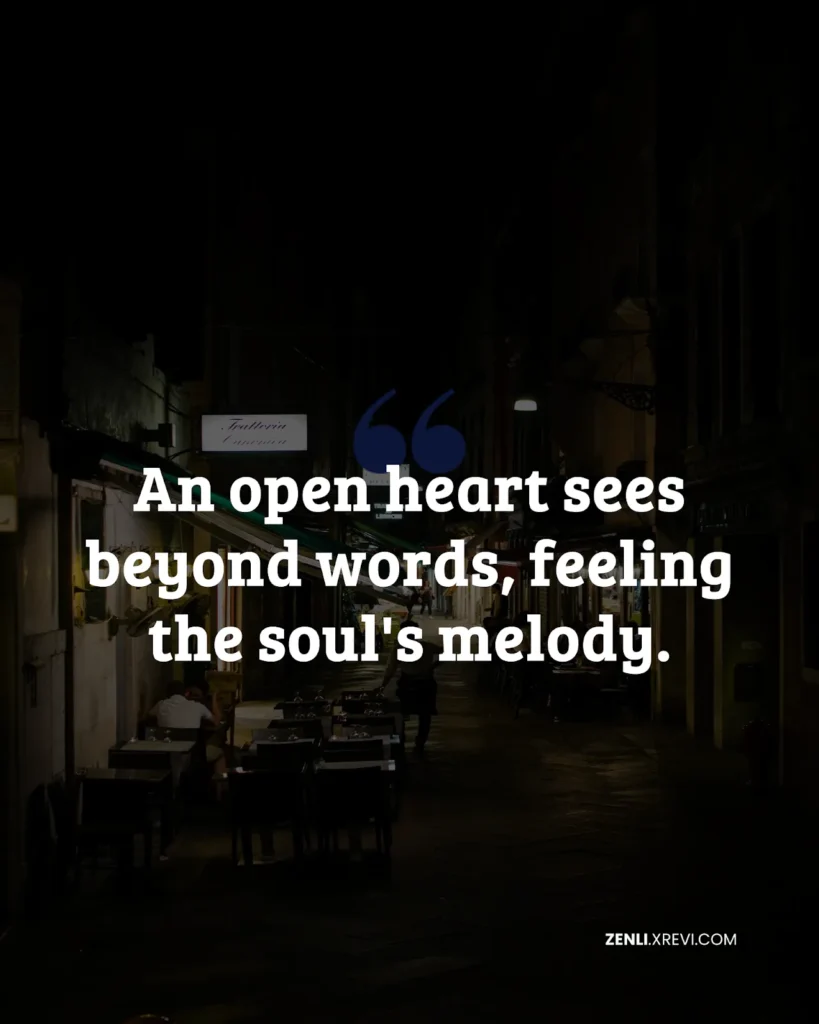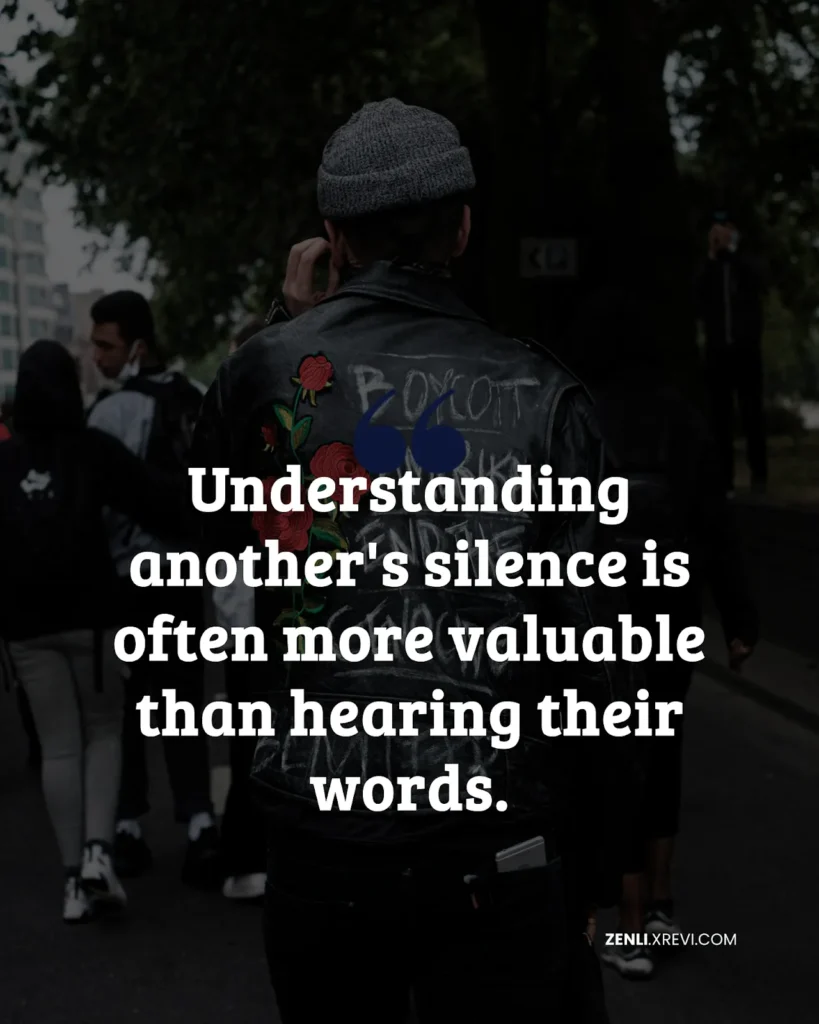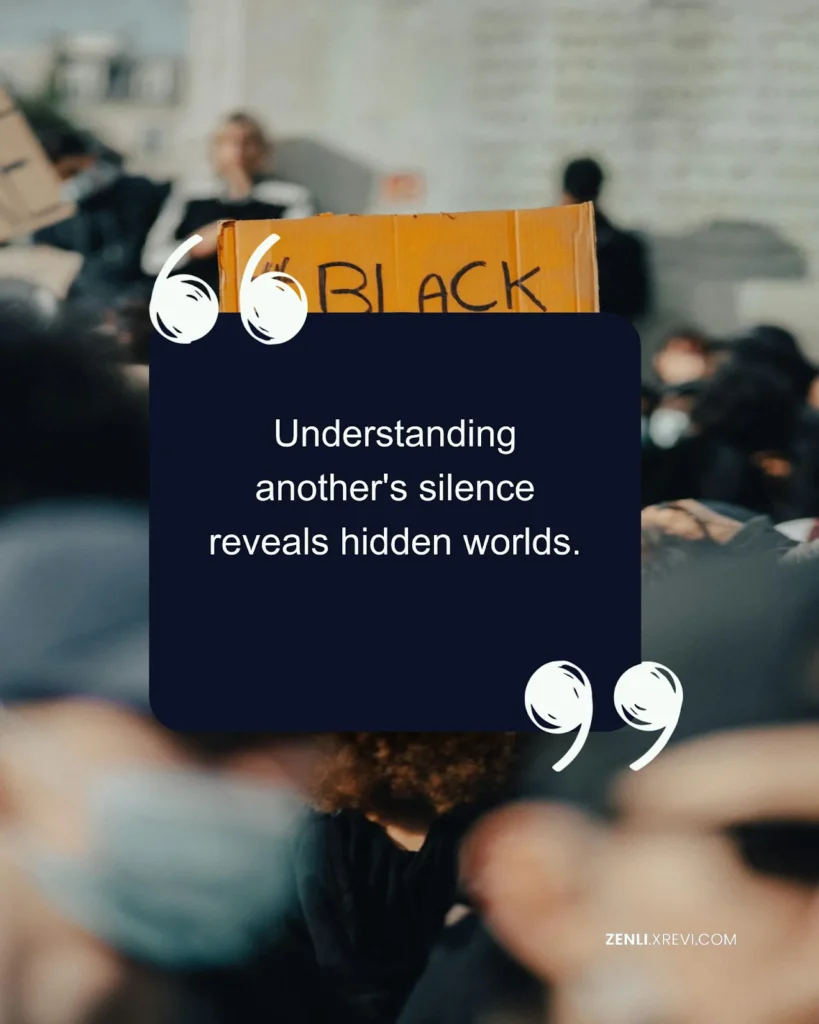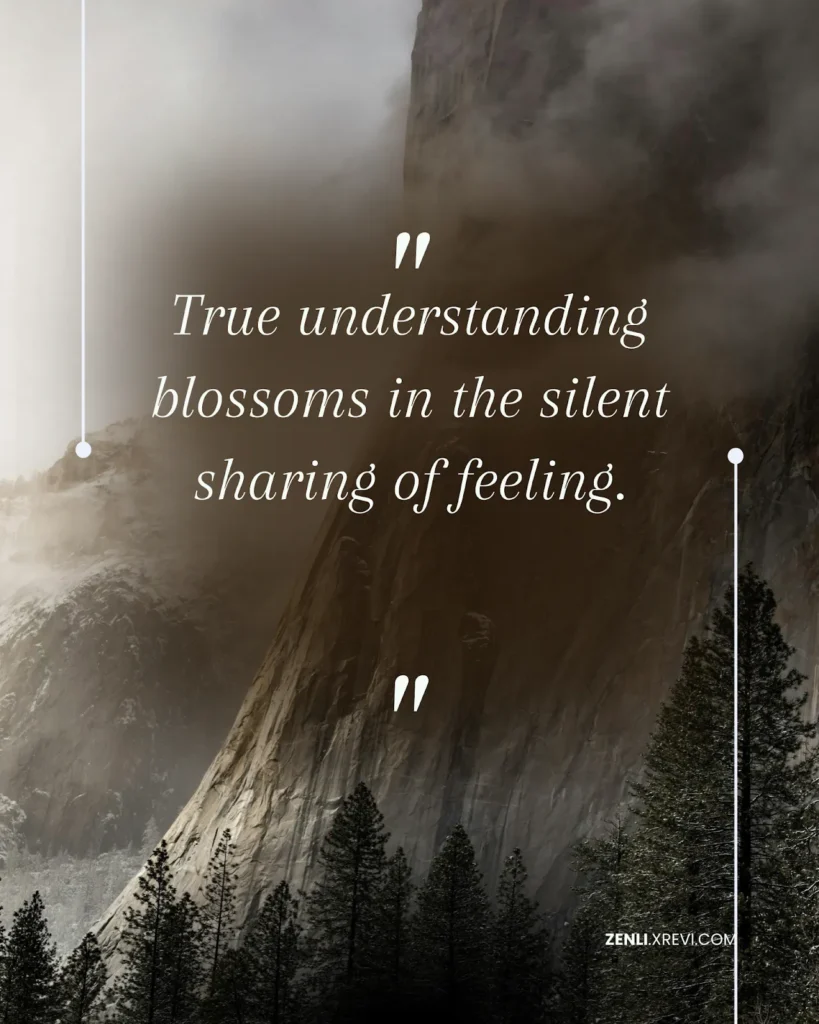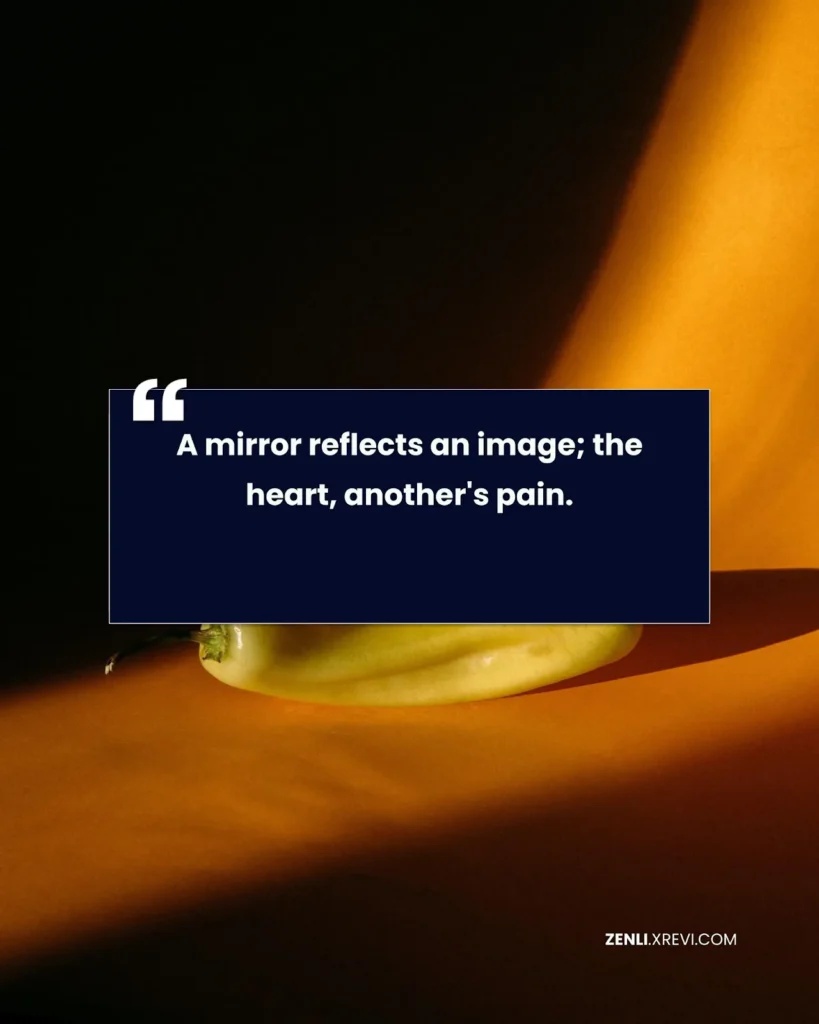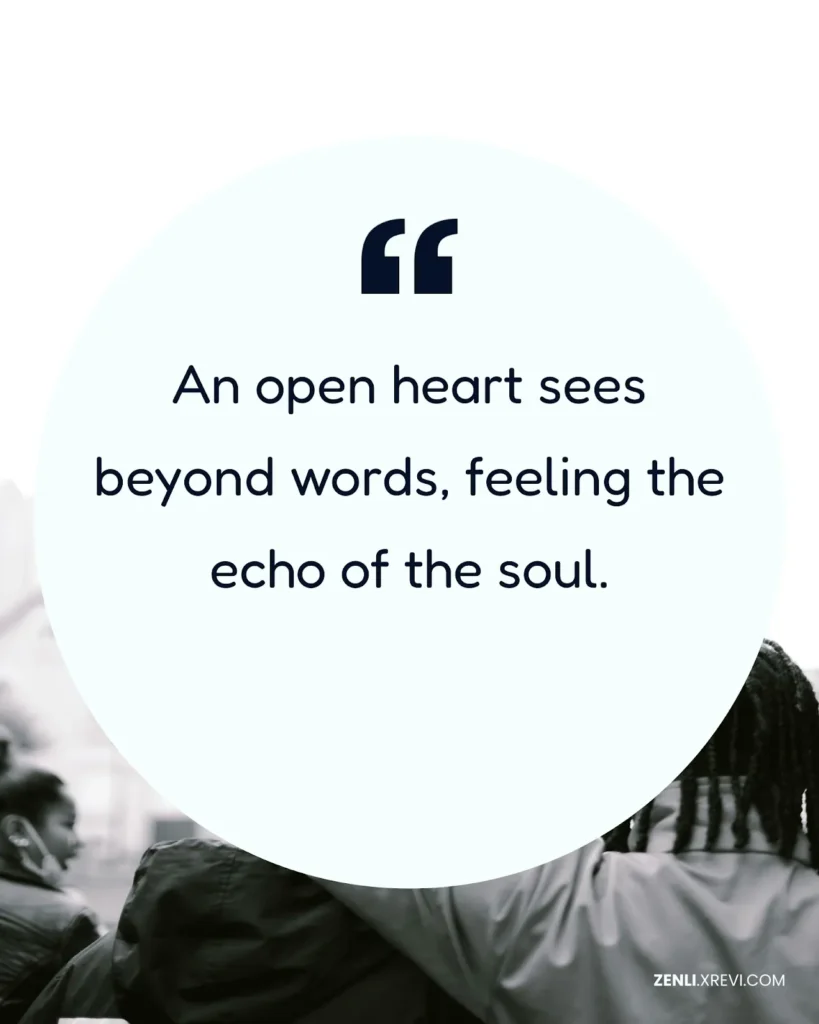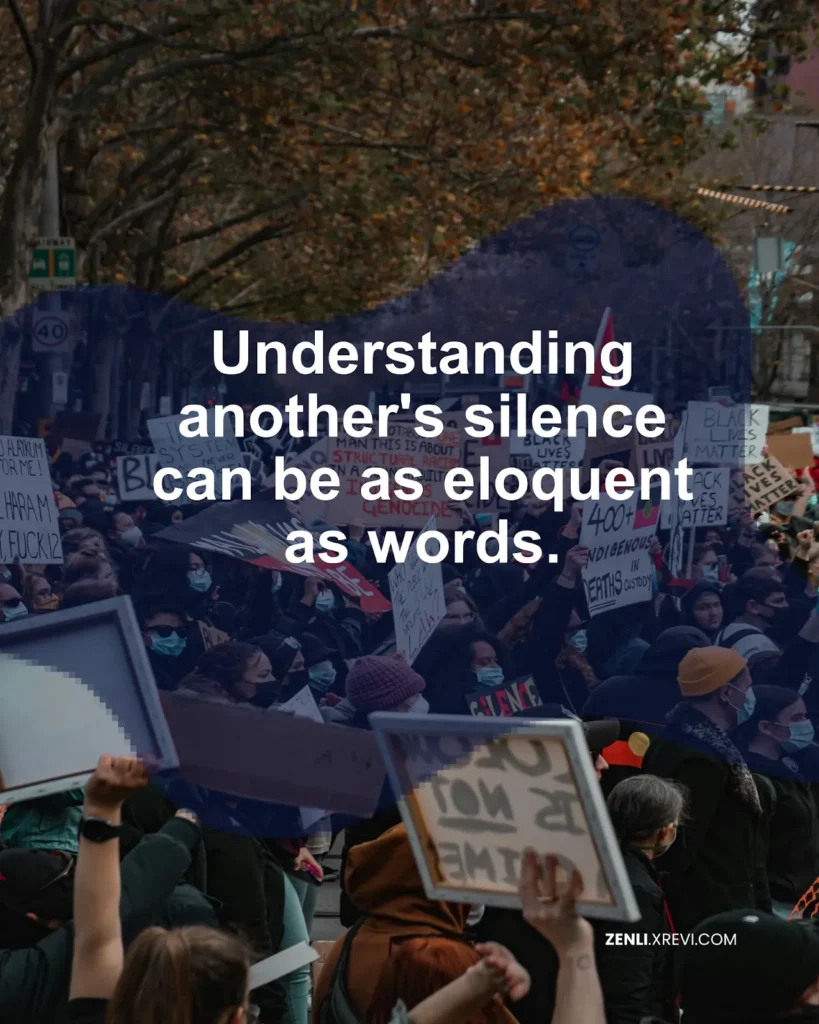Have you ever been truly seen? Not just superficially acknowledged, but truly *understood*? That feeling of connection, where someone gets you, even when words fail, is a powerful experience. It’s the essence of empathy – the ability to step into someone else’s shoes, to feel what they feel, and to understand their perspective, even if you don’t agree with it. In our increasingly fast-paced world, filled with constant notifications and demands, it’s easy to lose sight of this fundamental human connection. We rush through interactions, often missing the subtle cues and unspoken emotions that shape our relationships. But what if we could consciously cultivate this ability to understand and connect? What if we could make empathy a regular part of our daily lives? It’s not just about feeling sorry for someone; it’s about genuine connection and understanding. Let’s explore how we can nurture this vital skill.
Kindness, a dandelion clock, seeds of understanding blown on the wind.
This beautiful analogy perfectly captures the essence of empathy. Kindness, the act of being thoughtful and caring, is the dandelion itself – a seemingly simple act with immense potential. Like a dandelion clock, filled with tiny seeds, each act of kindness carries within it the potential for understanding. These “seeds of understanding,” when dispersed on the wind (through our interactions and actions), can take root in others’ hearts, fostering connection and compassion. Think about a time someone showed you unexpected kindness – maybe a listening ear when you were struggling, a helping hand when you were overwhelmed, or even just a genuine smile. How did that make you feel? Chances are, it fostered a sense of connection and understanding, planting seeds of empathy within you. It’s a ripple effect; our kindness generates more kindness and understanding. Conversely, a lack of empathy can feel like a barren landscape – cold and isolating.
Let’s consider practical ways to nurture this “dandelion effect.” Active listening is crucial – truly hearing what someone is saying, both verbally and nonverbally, without interrupting or judging. Putting yourself in their shoes, considering their background, experiences, and perspective, requires effort but is incredibly rewarding. Even simple acts like offering a sincere compliment, lending a hand with a task, or simply offering a comforting presence can spread those seeds of understanding far and wide. Practice noticing the emotions of those around you. Are they stressed? Sad? Excited? Acknowledging these feelings, even with a simple gesture, creates space for connection and empathy to flourish. The more we practice, the more natural and intuitive empathy becomes.
In conclusion, empathy isn’t just a soft skill; it’s a fundamental human need, the glue that holds communities together. It’s about building bridges of understanding and connection in a world that often feels disconnected. Take a moment to reflect on your own interactions today. Where could you have shown more empathy? How can you consciously spread those seeds of understanding tomorrow? By cultivating empathy, we not only enrich the lives of others, but we also enrich our own, creating a more compassionate and connected world, one dandelion seed at a time.
Photo by Brian Brxtn on Unsplash
